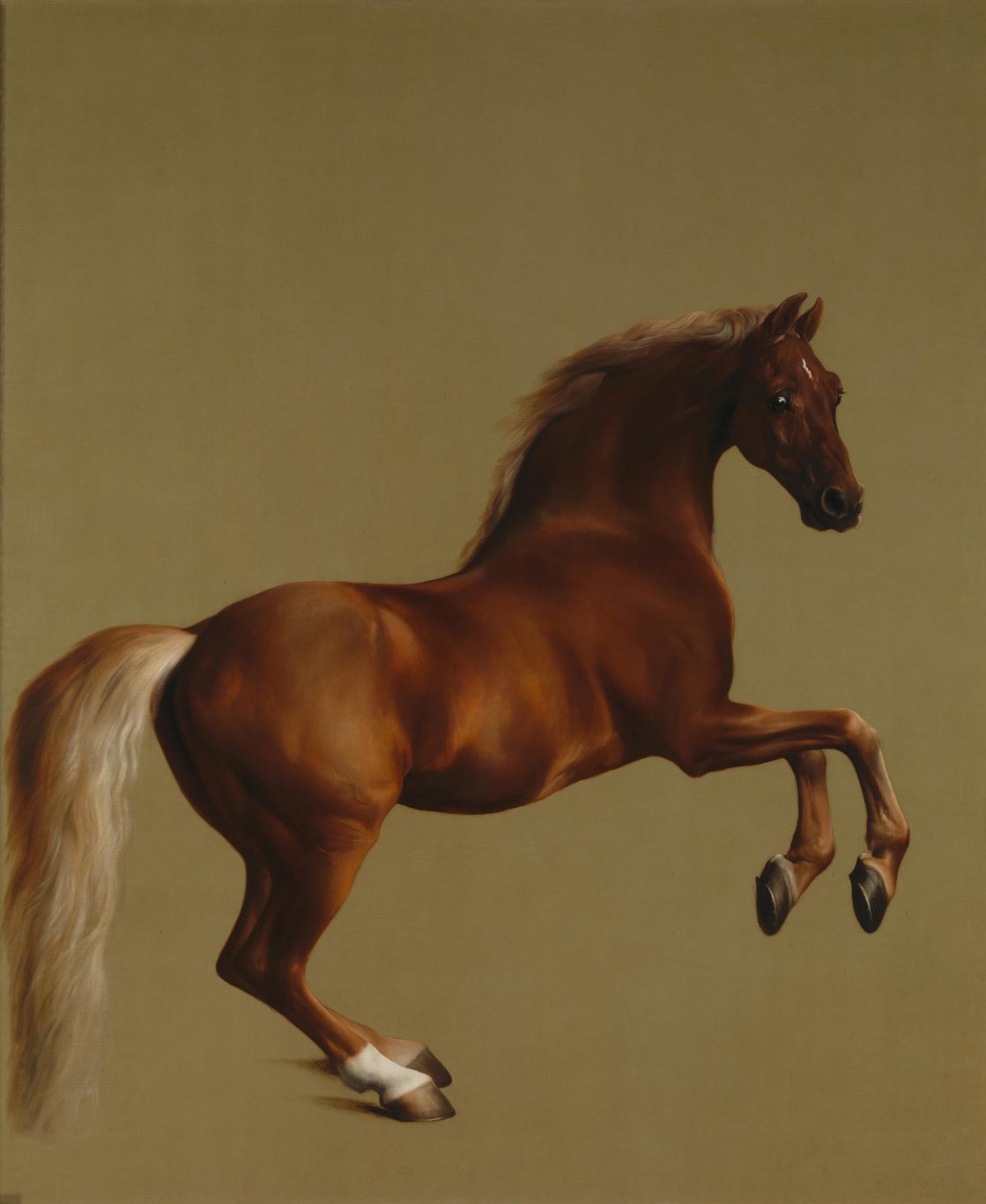Click here to view or print this poem as a PDF.
i.
Easement to
estuaries,
shellpath to shell
path.
End of
Wall Street:
once there was
a wharf.
ii.
Something in
a bottle:
One might
attach
to it
a spigot
for filling.
Emptying,
filling—
iii.
At Bay.
Landspit
collecting
what we call
stoneware
what has been
eased
in tides has
been
eased—
think of
bottlenecks
growing
into
sealight.
Peacockfeathering:
glassy Roman—
iv.
Come up from the fields.
Chartres:
come up for air
less quickly.
Under water
edges
learn
from water.
Scare
of scarring—
scars
dropped into sea
return
softer,
more
forgiving.
v.
Asterism before
breach,
nosegay
before shards
went following
different pulls—
floral,
diurnal.
There is a star in Cygnus brighter than the sun.
Apparent motion
means
you
will have seen it
without knowing,
and it will have
seen you.
Future perfect.
Swan’s wake in deep river.
Will have been washed
ashore.
Will have been
waiting
new names.
vi.
Day’s
end:
one might
fall asleep
bottleneck
and fingers touching.
Easement
to estuaries
years from now
you will
remember.
Dame jane,
demijohn—
emptying
into space
identical
to lunula
of open hands.
vii.
Cygnus.
Summer triangle
of Northern cross. Somewhere
there
a black hole
lies.
When
clay cannot join with other clays
we call this
bone dry.
But still—
suitable perhaps
for other purposes.
viii.
Istoriato:
each glassening
a different story.
Some call Cygnus
Phaeton’s
One True Love.
Except the sun.
All the sun
might mean.
Future perfect.
Will have been Phaeton’s—
sunshard.
Who fell
into Eridanus,
river of the winter sky;
for whom
Cygnus searched
easement to estuaries
for whom he
dove and
emptying, filling
dove.
ix.
Easement of
estuary, shard
of riverbottoms.
For whom he
would have dived
until
recovered.
Down
to riverbed, down
and down.
He swam—
through steam
of the afterglow.
Again and again.
Found
no body
but felt—
again and
again—
the body’s warmth.
x.
We call
crawling
what is
exposed
when glaze
separates
from the clay body.
We call
crazing
the accidental cracks
in glaze.
Each night
you’ll find him
in the river
shadow,
shards collecting.
When in clay
a figure rises
enough
to be touched:
we call Relief.
Michael D Snediker is the author of Queer Optimism: Lyric Personhood & Other Felicitous Persuasions (U.Minnesota Press, 2009). His chapbook, Nervous Pastoral, was published by dove|tail press in 2008. His chapbook, Bourdon, is forthcoming from White Rabbit Press. He teaches American Literature and Poetics at Queen’s University, Ontario.



